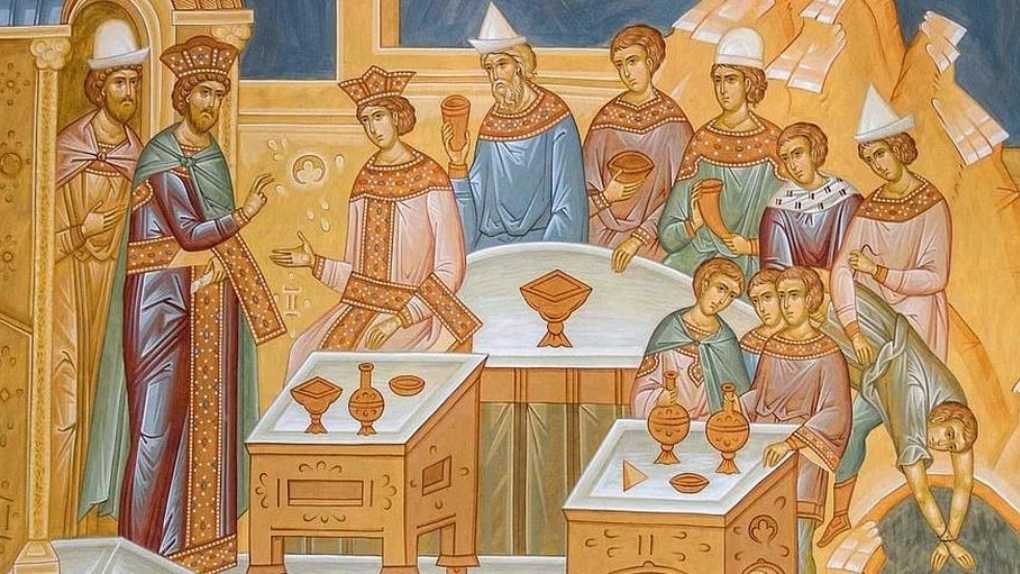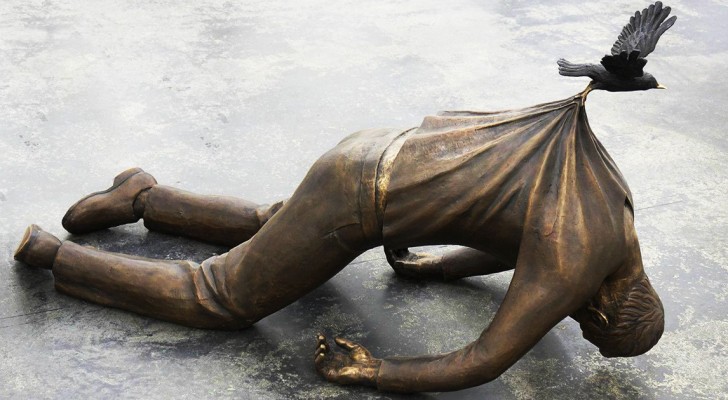In the unsettling times of World War II, Dietrich Bonhoeffer, a German theologian, stood at a crossroads. Offered safety in the United States, he instead chose to return to Nazi Germany, a decision that led to his arrest and eventual martyrdom. This choice, fraught with danger and uncertainty, was a profound act of faith and commitment. Bonhoeffer’s story is a poignant reminder of the power and impact of choosing conviction over comfort, setting the stage for our reflection on Luke 14:12-24 and the nature of excuses.
As we delve into the parable of the great banquet in Luke’s gospel, we’re confronted with the nature of the excuses offered by the guests. These were not rational justifications but rather shallow attempts to evade a deeper, more meaningful engagement. The guests, who initially accepted the invitation, later declined with seemingly plausible reasons—a bought field, a pair of oxen, a recent marriage. Yet, beneath these excuses lies a reluctance to prioritize the spiritual over the mundane. Their refusals reflect our own tendencies to place worldly concerns above divine summons.
This behavior aligns strikingly with what Martin Luther observed: “Sin does not hurt us as much as our own righteousness.” Luther’s insight sheds light on the nature of excuses. They are not mere lies but a form of self-righteousness, a way to mask our reluctance to confront the truth about our priorities and commitments. The guests in the parable, by crafting these excuses, were essentially justifying their decisions to themselves, portraying themselves as righteous and without fault.
However, this self-righteousness, as Luther points out, is more detrimental than the sins themselves. It prevents growth, learning, and genuine communion with God. When we mask our true feelings and priorities with excuses, we not only distance ourselves from others but also from an honest relationship with God.
The impact of living without excuses is profound. It invites us to a life of authenticity, where our ‘yes’ is truly yes, and our ‘no’ is sincerely no. It encourages us to confront and embrace our human limitations and to find strength and grace in our vulnerabilities. This was the path chosen by Bonhoeffer—a path of stark honesty and profound faith.
As we ponder the guests’ excuses in the parable and reflect on Bonhoeffer’s life, we are called to examine our own lives. Are our excuses truly rational, or are they barriers we construct to avoid stepping fully into God’s plan for us? Are we, in our self-righteousness, hindering our own spiritual journey and our relationships with others?
Let us seek to live a life free of excuses, a life that embraces truth, authenticity, and deep communion with God. Like Bonhoeffer, let us choose the more challenging path of faith and integrity, trusting in God’s grace and love to guide us. In doing so, we not only honor God but also find a deeper, more meaningful way to live our lives.


